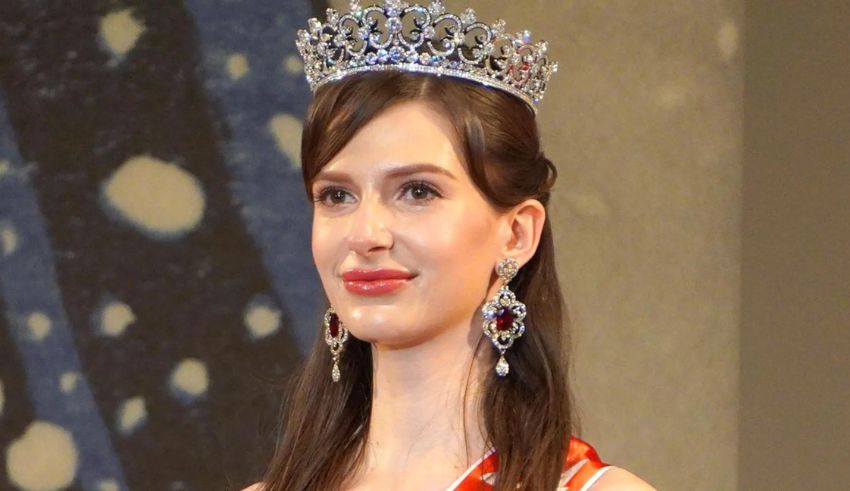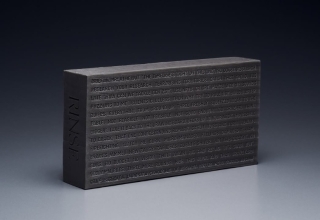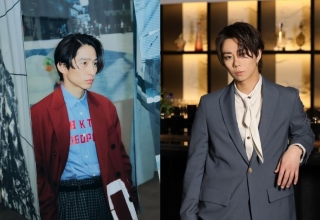
Japan has a long history of participating in international beauty pageants, but it has also faced controversies over the racial and ethnic identity of its representatives.
In recent years, some of the winners of Miss Japan have been bi-racial or naturalized citizens, sparking debates on what it means to be Japanese. However, in 2024, Japan has chosen a beauty queen who is full Japanese, and this is a big deal for the country and its people.
The Previous Winners and Their Backlash
In 2015, Ariana Miyamoto became the first bi-racial woman to win Miss Japan, as she has a Japanese mother and an African American father. Her victory was met with mixed reactions, as some praised her for breaking stereotypes and promoting diversity, while others criticized her for not being “Japanese enough” and questioned her eligibility to represent Japan.
In 2016, Priyanka Yoshikawa, who has a Japanese mother and an Indian father, followed Miyamoto’s footsteps and won Miss Japan. She also faced similar backlash, as some accused her of being a “copycat” and said that she did not look like a typical Japanese woman.
In 2024, Carolina Shiino, who was born in Ukraine and moved to Japan at the age of five, became the first naturalized Japanese citizen to win Miss Japan. She spoke fluent Japanese and said that she felt more Japanese than Ukrainian, but she still received negative comments from some people who said that she did not have any Japanese blood and that she did not deserve the title.
Keep Reading
The Controversy over Her Eligibility
Shiino’s victory was met with mixed reactions, as some people praised her for breaking stereotypes and promoting diversity, while others criticized her for not being “Japanese enough” and questioned her eligibility to represent Japan. Some of the negative comments said that she did not have any Japanese blood and that she did not deserve the title. Some also compared her to the previous winners of Miss Japan, who were also bi-racial or naturalized citizens, and said that the pageant was losing its credibility and identity.
Shiino defended herself and said that although she looks foreign, she is Japanese in spirit. She said that she speaks fluent Japanese, loves Japanese culture, and considers Japan as her home. She also said that she wanted to use her platform to spread a message of peace and tolerance in the world.



























